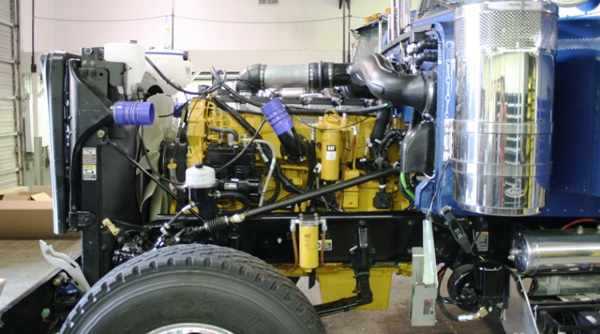When it comes to maintaining a luxury car, the costs can quickly escalate, especially when it’s time for repairs. Owners often find themselves torn between two types of parts: Original Equipment Manufacturer (OEM) and aftermarket. This choice not only affects the cost of repairs but also the performance and value of your prized vehicle. In this article, we will explore the world of luxury car repairs, comparing aftermarket and OEM parts, and provide practical tips to save money without compromising on quality. Whether you’re a seasoned luxury car enthusiast or a new owner, understanding these differences is crucial in making informed decisions for your vehicle’s upkeep.

Understanding the Basics Between Aftermarket and OEM Parts
When your luxury car needs a repair, you’re faced with a critical decision: should you use aftermarket or OEM parts? OEM parts are made by the vehicle’s manufacturer. They match the parts that came with your car and promise a guarantee of quality and compatibility. On the other hand, aftermarket parts are produced by different companies and offer a more cost-effective solution. While they are often less expensive, the quality can vary significantly.
The primary advantage of OEM parts is their assurance of quality and fit. Being designed specifically for your vehicle model, they offer a seamless match, ensuring your car runs as it was intended. However, this assurance comes at a premium cost. Aftermarket parts, while varied in quality, provide a more affordable option. The key here is to find a balance between cost and quality. When you`re looking for Audi, Mercedes, and even BMW parts, it’s important to research and find reputable aftermarket manufacturers that offer parts compatible with your luxury vehicle, without compromising on performance and safety.
Evaluating Quality and Compatibility
When it comes to selecting parts for a luxury car, especially for brands like BMW, the debate often leans towards OEM parts. The reason is simple: quality and compatibility are paramount in maintaining the sophisticated engineering of these vehicles. BMW parts that are OEM ensure that you are getting a product that not only fits perfectly but also maintains the manufacturer’s intended performance and safety standards. This is particularly crucial in luxury vehicles where even a minor discrepancy can lead to significant issues down the line. While OEM parts might come with a higher price tag, they offer peace of mind, knowing that your BMW will function as smoothly and reliably as it was designed to. This choice becomes even more critical when dealing with complex systems like the engine or transmission, where precision is key.
Warranty and Longevity: Considering the Long-Term Impact on Your Vehicle
Another crucial aspect to consider when choosing between OEM and aftermarket parts for your luxury car is the impact on your vehicle’s warranty and longevity. OEM parts often come with a warranty from the manufacturer, which not only adds an extra layer of security but also ensures that your vehicle’s warranty remains intact. This is particularly important for newer luxury cars, where using aftermarket parts might void the warranty provided by the car manufacturer.
On the other hand, the warranty on aftermarket parts can vary significantly depending on the manufacturer and the part. While some aftermarket parts may offer comparable warranties to OEM parts, others might not provide the same level of coverage. This difference can have long-term implications on the overall health and value of your luxury vehicle, making it vital to weigh the benefits of immediate cost savings against potential future costs and issues.

